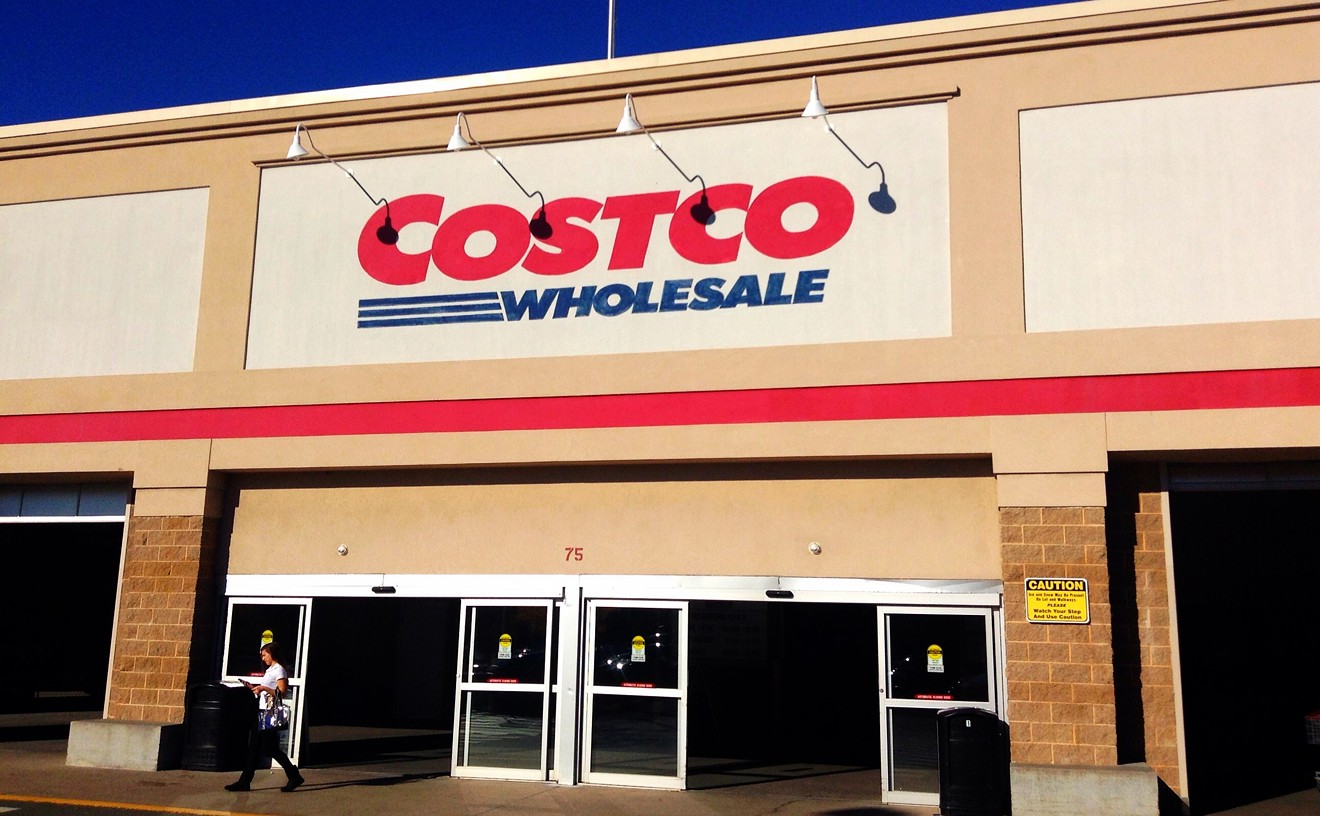By Benjamin Leatherman
Courtesy of nataliedee.com
I received a pretty good response to my debut edition of Veggie Boy earlier this week, including a bunch of e-mails and comments giving kudos to my review of Soma Café in north Phoenix. One of the more interesting missives was an e-mail from Audrae Erickson, president of the Corn Refiners Association, who took issue at my mentioning of how I’ve decided to abstain from drinking soda or any beverage containing high-fructose corn syrup in order to lose weight.
I’m guessing Ms. Erickson must have some sort of Google alert setup to notify her whenever anyone in the media ever writes anything about HFCS (or perhaps some kind of futuristic tracking system embedded in her head) and she fires off responses almost immediately.
In her communiqué, Erickson cited a slew of studies and statements from the American Medical Association and various universities concerning how HFCS (which is found in a majority of processed foodstuffs ranging from ketchup to yogurt) isn’t any more harmful (an hasn’t contributed more to our country’s obesity epidemic) than other “caloric sweeteners,” such as plain old sugar and honey.
Clipped from her e-mail for your reading pleasure:
Dear Mr. Leatherman:
We read your August 26 post to the Chow Bella Blog “Veggie Boy: Soma Cafe,” with interest. We would like to provide you with science-based information on high fructose corn syrup and be a reference for you for the future.
Scientific information, sourced from peer-reviewed journal articles that studied high fructose corn syrup (HFCS) specifically, as well as FDA and the USDA, can be found in the following brochure that provides fully cited answers to frequently asked questions about HFCS http://www.hfcsfacts.com/images/pdf/HFCSBrochure.pdf. Links for many of the studies noted in the brochure can be found at http://www.HFCSfacts.com/Related_Links.html.
From later in her lengthy e-mail:
A considerable body of published scientific research finds high fructose corn syrup (HFCS) both safe and no different from other common sweeteners like sugar and honey. Recent scientific studies have shown that the human body appears to metabolize HFCS and sugar in much the same way. Like sugar, honey and some fruit juices, HFCS contains almost equal portions of fructose and glucose. Both sugar and HFCS contain 4 calories per gram.
But even when taking this all consideration, Erickson's position seems somewhat tenuous, considering she's essentially a lobbyist on behalf of corn farmers everywhere.
And in the spirit of balance and equal time, here are links to recent articles concerning the evils of corn syrup, like this recent story from the Los Angeles Times describing how health nuts think HFCS isn't as natural as honey or pure cane sugar, which are both better for you. This recent blog also predicts that the sugary substance will be getting the boot after various state and local governments get done banning trans-fat.
Personally, I'm choosing to abstain from any kind of sweetener (and sweetened beverage) as much as possible the foreseeable future for health reasons, so in my opinion, plain old sugar is just as bad for my 350-pound body as HFCS. I’m also curious as what the Chow Bella readership feels on the subject, so (as always) feel free to comment or to e-mail me at [email protected].











